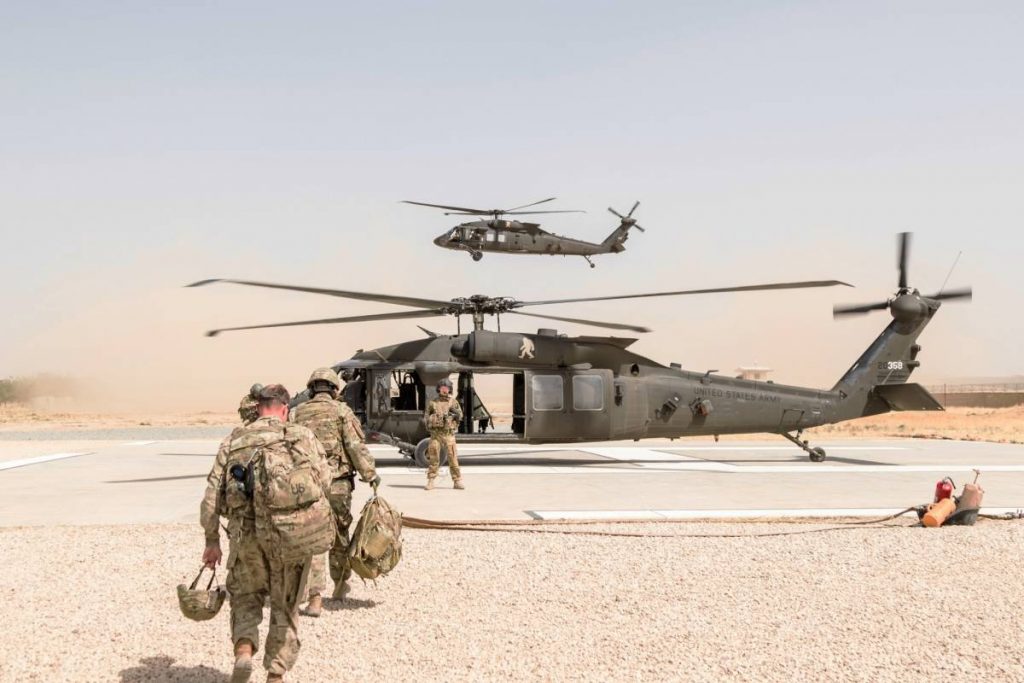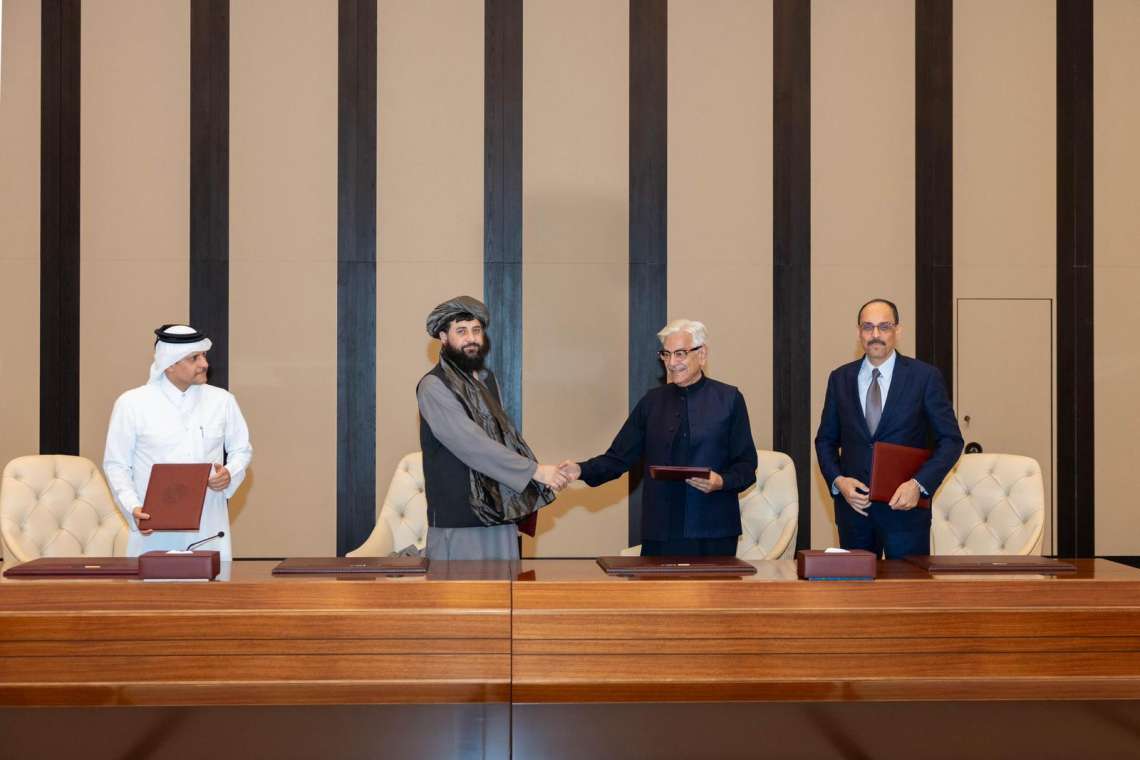Not only did Pakistan miscalculate the fall of Kabul, but it also failed to anticipate the risks posed by the Taliban’s resurgence and the subsequent security threats….reports Asian Lite News
The speed at which Afghanistan fell to the Taliban on this day two years ago exposed the faulty intelligence of both the US and Pakistani intelligence communities.
It was not just the Kabul fall where Pakistan’s assessment went wrong, Islamabad could not foresee the dangers of the Taliban’s return to power and the ensuing threats to its security, The Express Tribune reported.
Pakistan at the time of Taliban’s victory thought it would help the country.
The first and foremost expectation of Pakistan was that the Taliban would deal with the banned Tehreek-e-Taliban Pakistan (TTP) terrorist group.
Two years on, the number of cross border attacks by the TTP has been on the rise.
The Taliban have refused to take action against the TTP, something that compelled Pakistani officials now to admit that the TTP and the regime in Kabul are “ideological cousins”, The Express Tribune reported.
The TTP problem has threatened to unravel the relationship between Pakistan and the Taliban.

In February 2021, the top US general was on a visit to Pakistan.
General Frank McKenzie, the Centcom chief, was visiting just months before the withdrawal of the US-led foreign forces as part of the Doha deal signed between the administration of former President Donald Trump and the Taliban, The Express Tribune reported.
At the GHQ, his meeting with then Pakistan army chief General Qamar Javed Bajwa focused on Afghanistan particularly the post-US withdrawal scenario.
The US general was keen to have Pakistan’s assessment on one key question: How long would it take for the Afghan Taliban to take control of Kabul after the US withdrawal?
Gen Bajwa, as per the assessment of Pakistan’s security agencies, had informed Gen Mackenzie that the Taliban might make inroads capturing other parts of the country but taking control of Kabul wouldn’t be a cakewalk, The Express Tribune reported.
According to the then Pakistani army chief, the Taliban forces would be met with stiff resistance from the Afghan National Army (ANA) when they would try to capture Kabul.
Gen Bajwa believed that it could take a year or more for the Taliban to regain power in Kabul after the US withdrawal.
When US President Joe Biden finally announced the withdrawal date, the American intelligence community too came with their own assessment.
Initially, the US intelligence claimed that it could take nine months for the Taliban to take control of Kabul.
That assessment was later revised as the US security agencies predicted the fall of Kabul within three months of the US withdrawal.
The revised intelligence assessment was based on the rapid capitulation of provinces after provinces to the Taliban as the US-led foreign forces began their withdrawal.
However, even as the last batches of US forces were preparing to leave the war-torn country, the Taliban were at the gates of Kabul and the ANA had vanished.
The embattled President Ashraf Ghani flew out of the country in a hurry, leaving the Taliban to take control of Kabul without shedding any blood on the streets of the Afghan capital.













